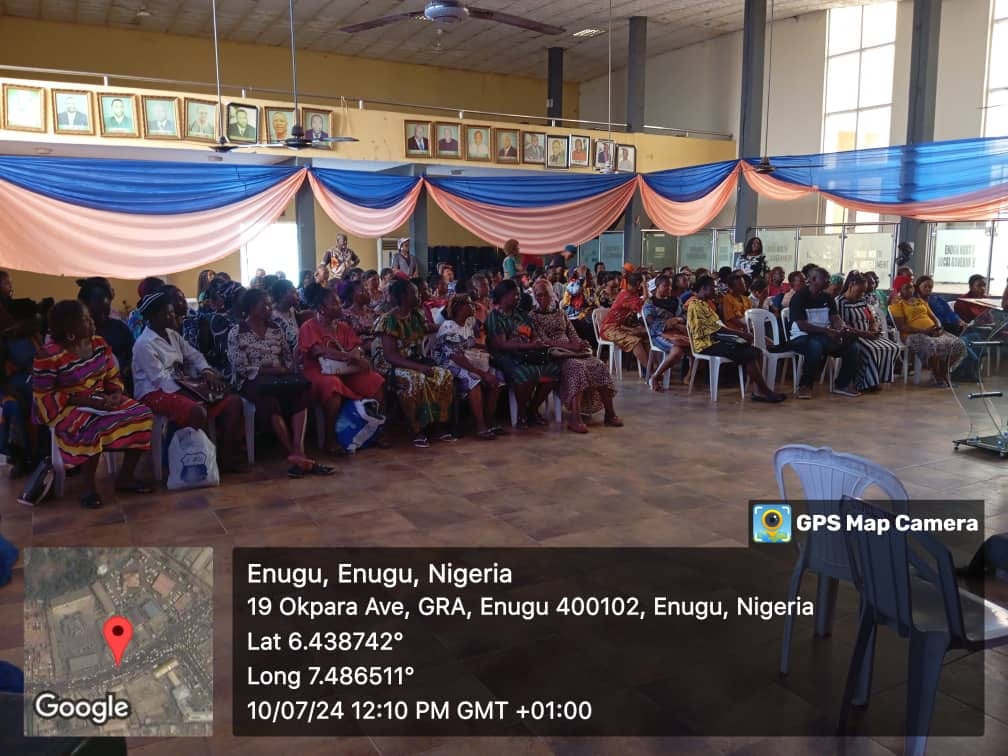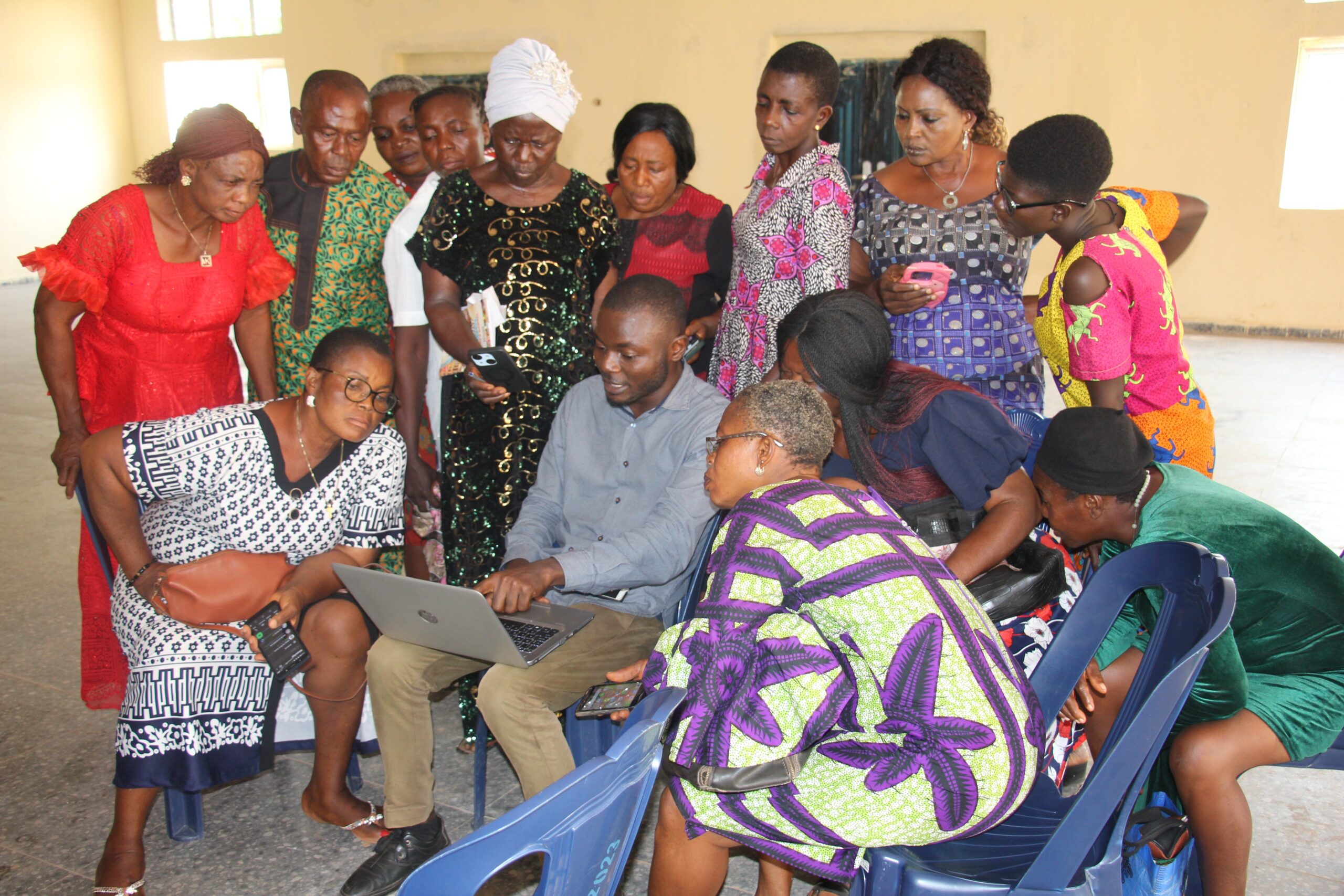Nigeria’s livestock sector plays a pivotal role in the nation’s economy, contributing significantly to employment, food security, and rural development. The industry encompasses various subsectors, including cattle, sheep, goats, pigs, and poultry, each facing unique challenges and opportunities.
Cattle: Nigeria boasts a substantial cattle population, estimated at over 16 million. However, the sector faces challenges such as inadequate grazing land, conflicts between farmers and herders, and the need for modern breeding techniques.

Poultry: Poultry farming is a significant component of Nigeria’s livestock industry, with an estimated 175 million birds. Despite its scale, the sector contends with issues like disease outbreaks and the need for improved biosecurity measures.

Small Ruminants: The production of small ruminants, including sheep and goats, is widespread, contributing to the livelihoods of many rural households. Enhancing productivity in this subsector requires addressing challenges related to disease management and breeding practices.

Economic Impact: The gross production value of Nigeria’s livestock sector is projected to increase steadily, starting at approximately $6.049 billion in 2024 and reaching $6.264 billion by 2028. This growth reflects a consistent annual increase, indicative of the sector’s potential when supported by appropriate policies and investments.

Challenges:
Security Concerns: Recent years have seen a rise in insecurity, particularly in northern Nigeria, affecting livestock production. These security challenges disrupt farming activities, leading to reduced productivity and increased costs.
Disease Management: Outbreaks of diseases such as avian influenza and peste des petits ruminants pose significant threats to livestock health, necessitating robust veterinary services and surveillance systems.
Infrastructure Deficits: Insufficient infrastructure, including inadequate veterinary services, poor road networks, and limited access to markets, hampers the growth of the livestock sector.
Opportunities:
Export Potential: Experts project that Nigeria has the potential to generate over ₦150 billion annually through livestock exports. Capitalizing on this opportunity requires adherence to international standards and the development of export-oriented infrastructures.
Policy Initiatives: Programs like the National Livestock Transformation Plan (NLTP) aim to modernize livestock production through the establishment of ranches, primarily for nomadic and transhumant herders. Such initiatives seek to address conflicts and promote sustainable practices.
Research and Development: Engagements like the Nigerian Livestock Sector Assessment workshop highlight the importance of data-driven strategies to enhance the sector. Identifying gaps, constraints, and opportunities through research can inform policies and interventions.
Conclusion:
Nigeria’s livestock sector holds significant promise for economic growth and rural development. Addressing challenges such as security concerns, disease management, and infrastructure deficits, while leveraging opportunities in exports, policy reforms, and research, is crucial for realizing the sector’s potential. Collaborative efforts among government agencies, private sector stakeholders, and international partners are essential to drive sustainable growth in Nigeria’s livestock industry.









